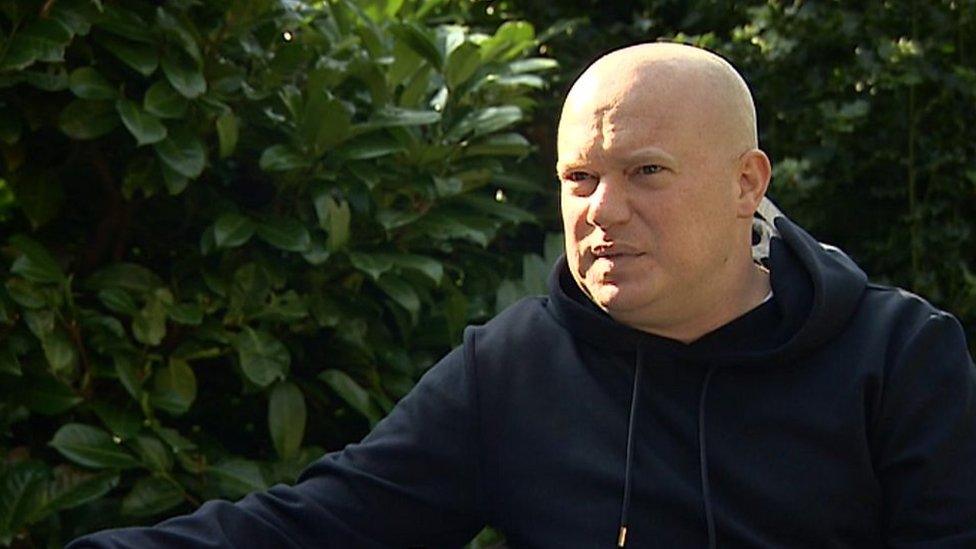'I woke up one morning and couldn't speak'
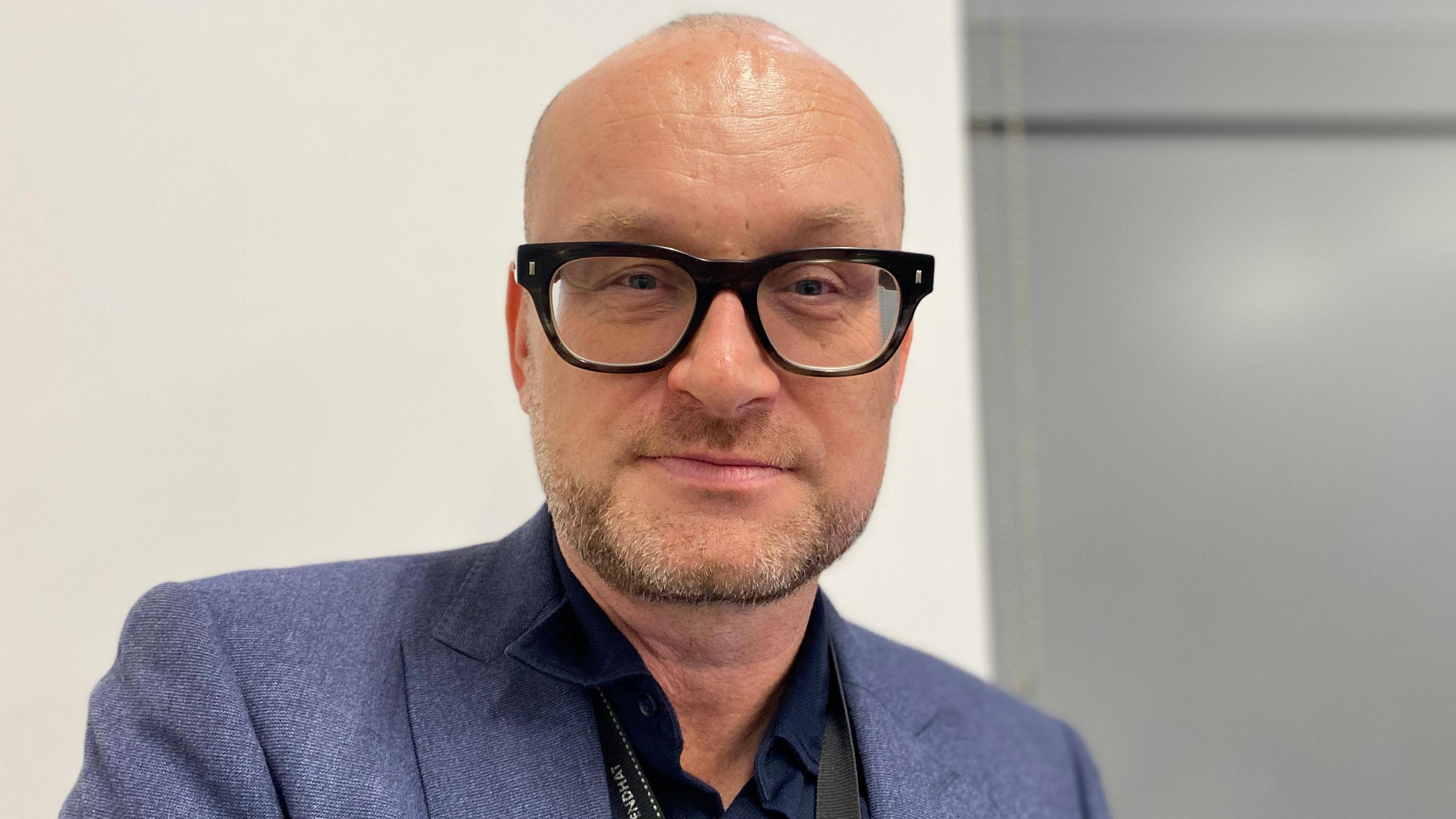
Professor Sebastian Groes described the experience as "the most horrific thing ever"
- Published
When Sebastian Groes woke up one morning on holiday in France, he found himself unable to speak to his wife.
It's an experience he described as "the most horrific thing ever".
At the age of 39, he had suffered a stroke and while he regained his speech within weeks, Mr Groes experienced longer psychological impacts and regretted a swift return to work.
Now, to combat isolation and create a sense of community among survivors, the English literature professor is leading a creative writing programme to help recovery.
Named Write in the Head, the project features a range of exercises that supports people's ability to speak and write so they can communicate again.
It is being delivered at The University of Wolverhampton where Mr Groes is a lecturer. The sessions are at the Walsall campus.
"You feel isolated," the 51-year-old said of his experience more than a decade ago.
"Your brain is resetting itself, your body is responding differently, you feel alien from yourself."
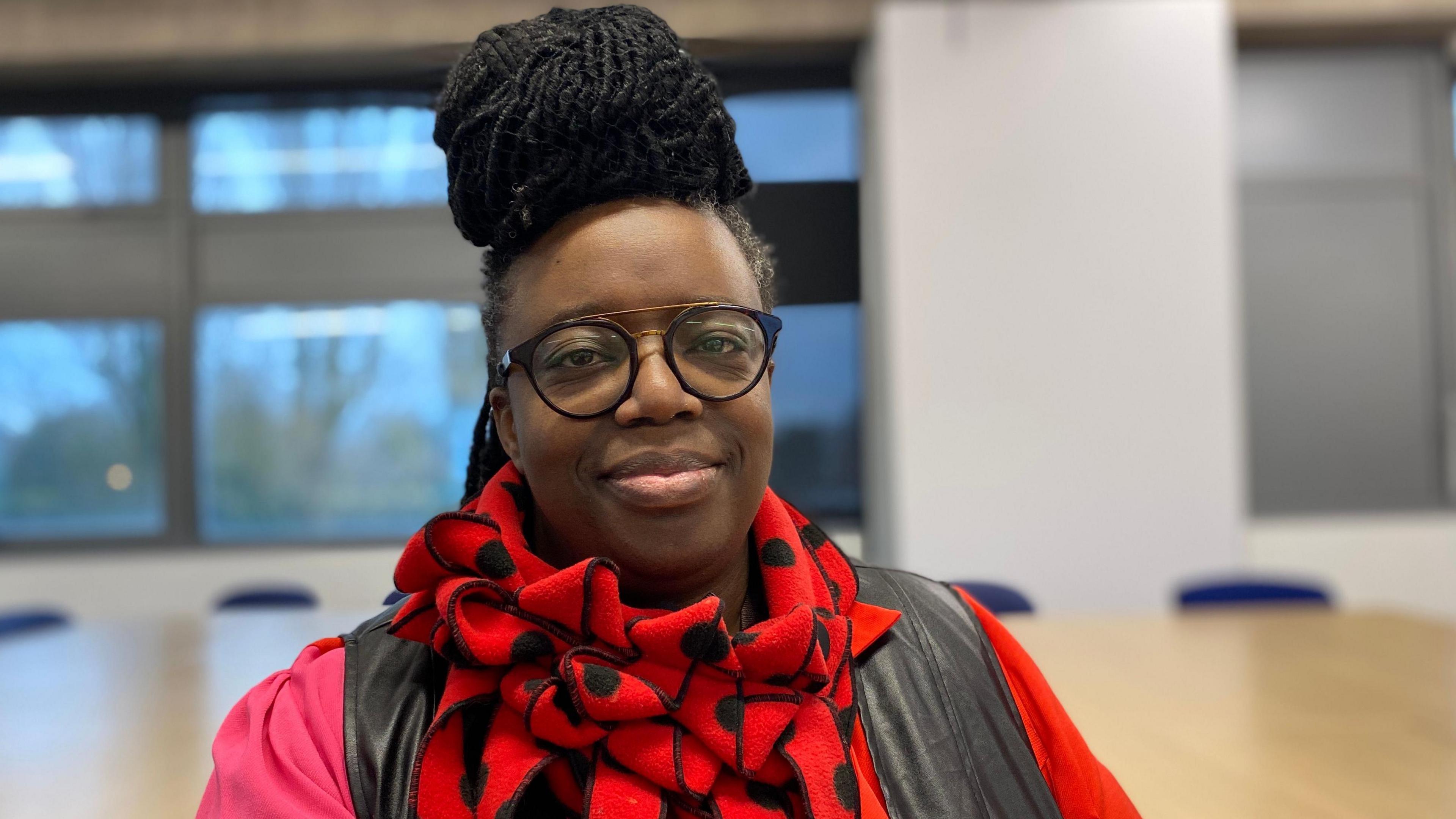
Dulcie Phoenix phoned herself an ambulance after she had a stroke at home
Taking part in the programme is former foster carer Dulcie Phoenix who had a stroke in 2023.
Ms Phoenix, from Wolverhampton, had accidentally dialled a friend who asked if she was using a voice changer because she "sounded strange".
The 56-year-old said that she recognised the signs of a stroke and phoned herself an ambulance, but "couldn't believe" it had happened to her.
Now recovering and out of work, she hopes the writing sessions will give her a "sense of purpose" and improve her cognitive function.
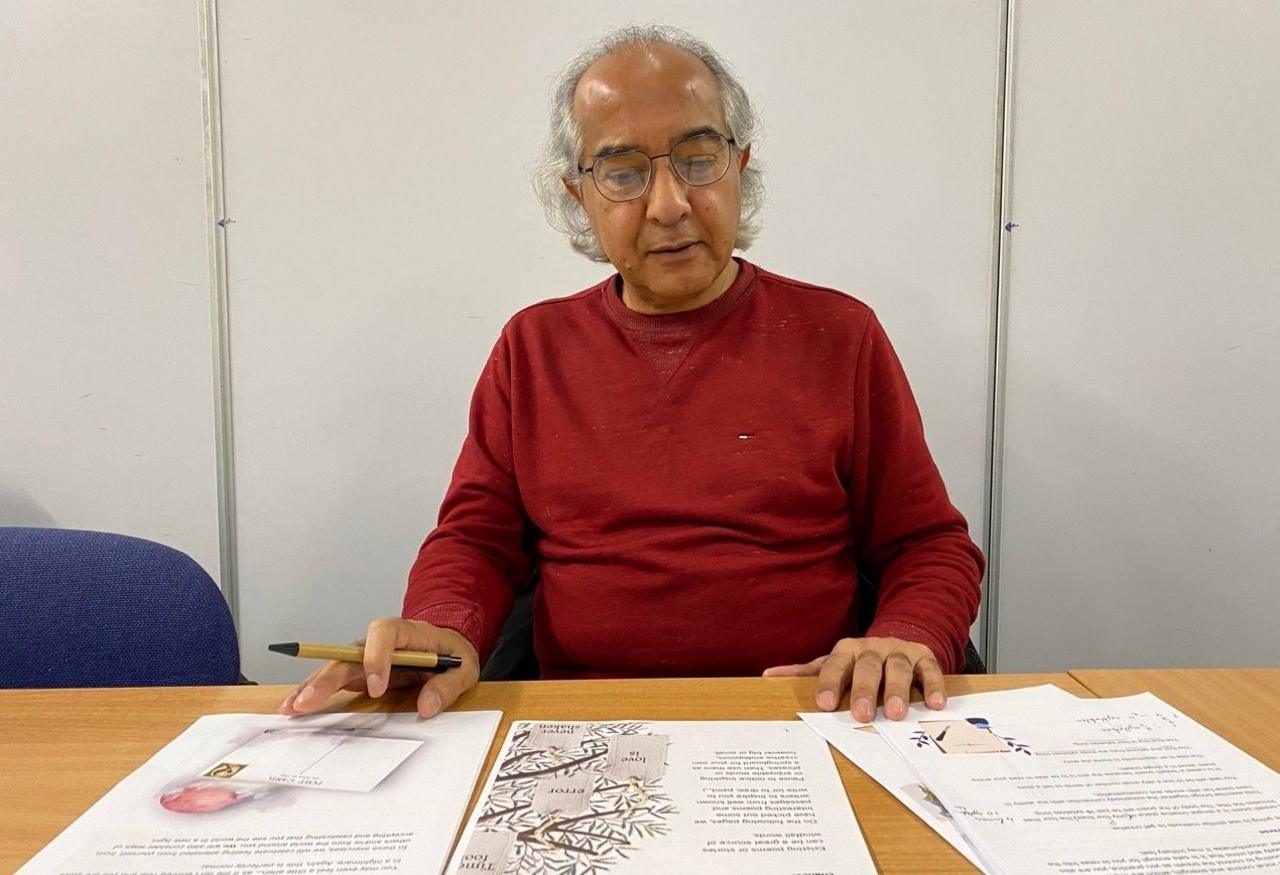
Bal Saini hopes the exercises will help improve his memory
Bal Saini was a few months into his retirement and planned to go on holiday before he started brushing his teeth with his left hand.
While that may not seem odd in itself, Mr Saini was actually right-handed and had just had a stroke.
"I didn't know what to do, I just thought I was tired so I went to bed. I didn't even know what the word stroke meant," he said.
More than a year into his recovery, Mr Saini can understand short sentences but hopes that creative writing will improve his memory.
"It will give me structure and a purpose instead of watching TV," he said.
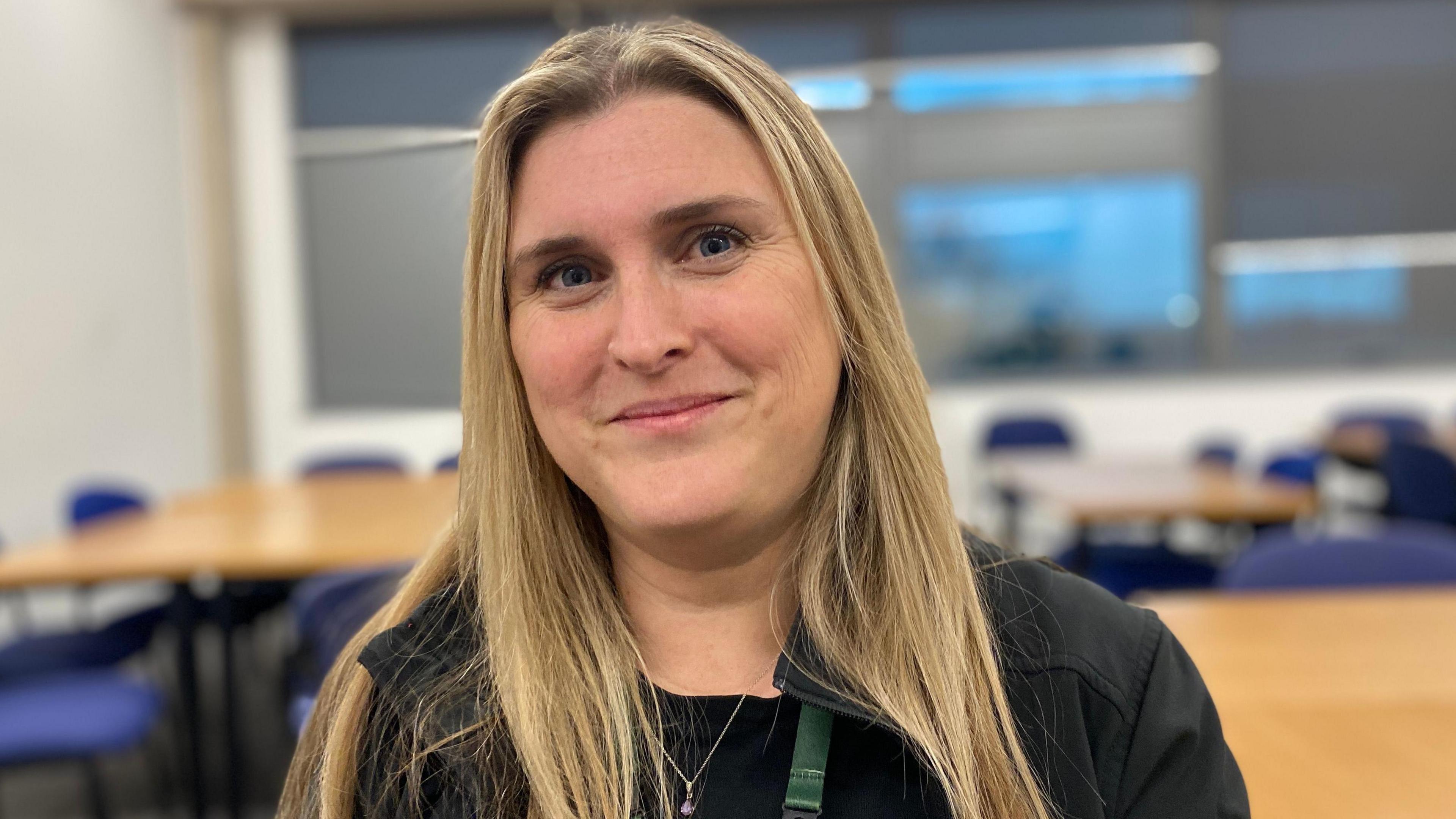
Occupational therapist Lianne Sealey said the exercise tools were "really, really useful" for recovery
The writing exercises will be available online by the end of 2025 for anyone across the world to access.
Occupational therapist Lianne Sealey described a stroke as a "very complex" condition and the writing tools were "really, really useful" to help survivors recover.
"If you can use tools like this, the possibilities are endless," she said.
She added there was a shortage of speech and language therapists across the country and projects like this would "help more individuals to speak".
"The brain needs to be working in order to get better, it's exercise - this sort of thing will be brilliant," she said.
Get in touch
Tell us which stories we should cover in Birmingham and the Black Country
Follow BBC Birmingham on BBC Sounds, Facebook, external, X, external and Instagram, external.
Related topics
- Published10 August 2023
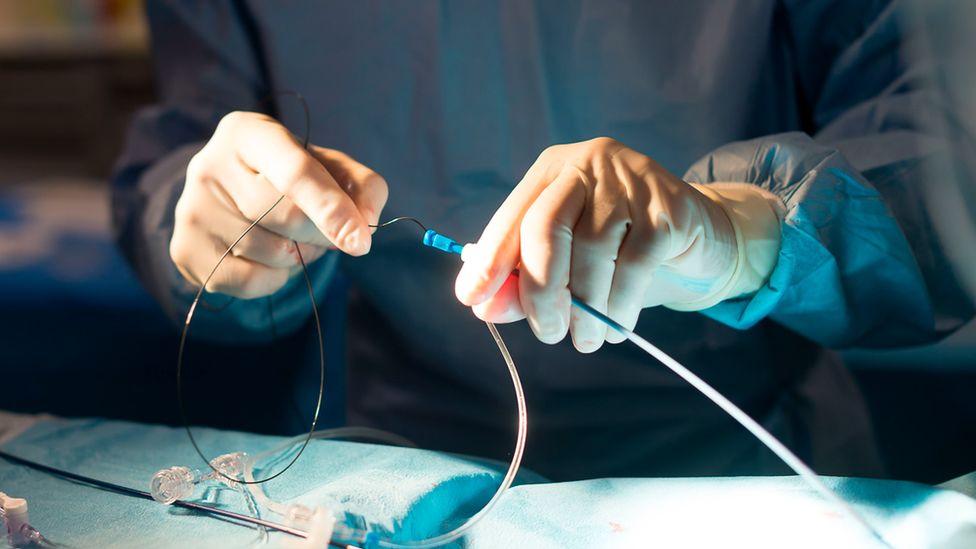
- Published22 August 2024
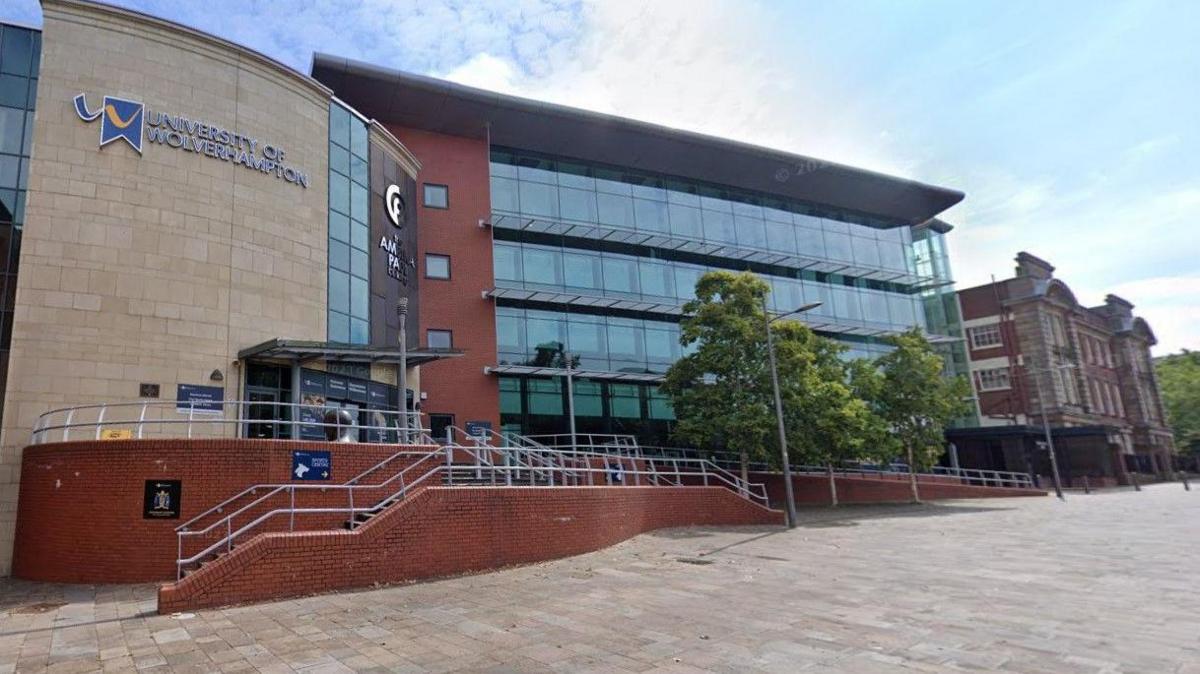
- Published29 March 2022
